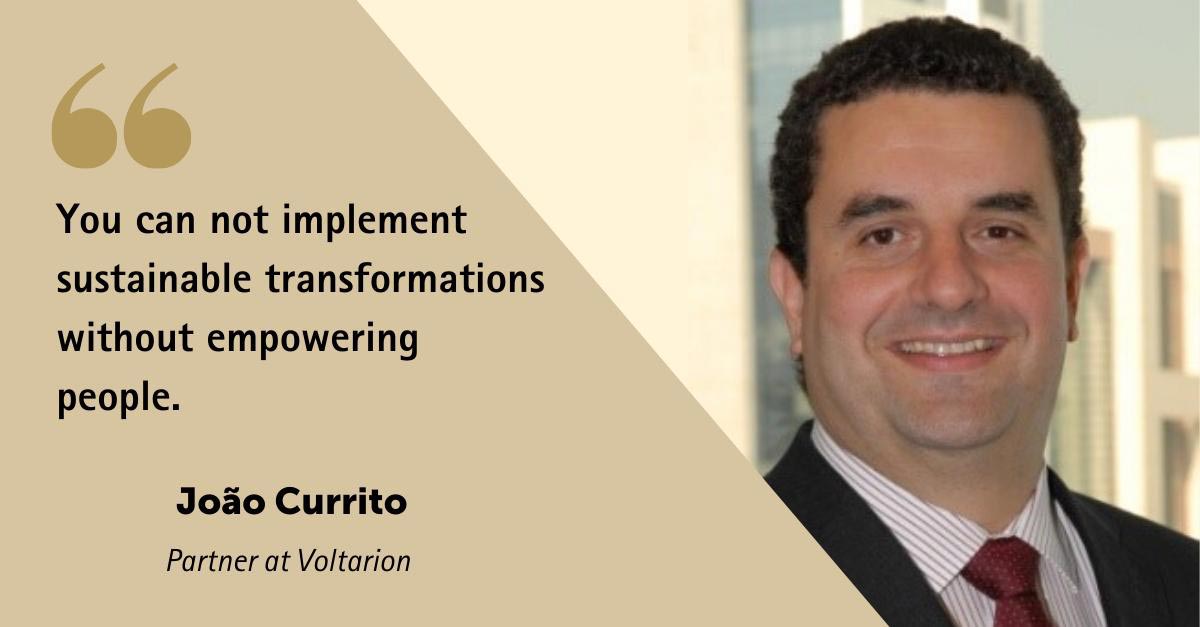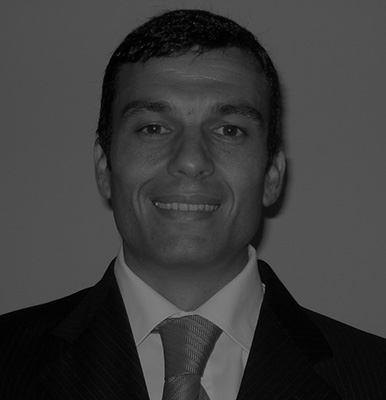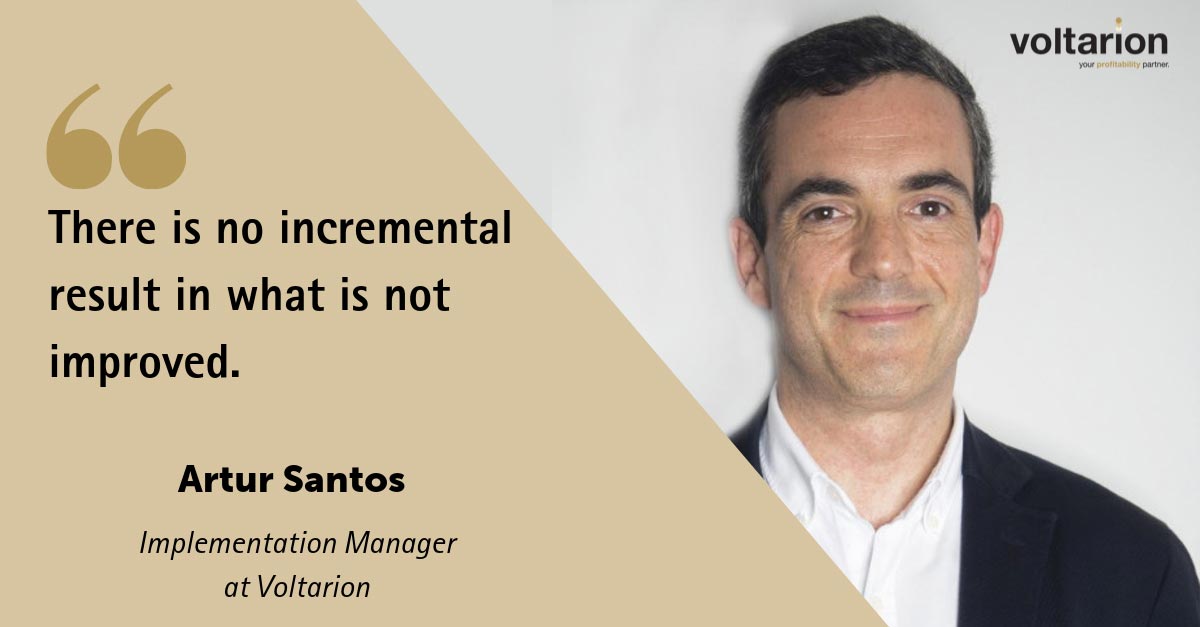Context
After noticing the existence of communication and management gaps from the top to the bottom of the organization, the company decided to assess the leadership skills of middle managers (supervisors, engineers), and implement a capacity-building programme, in order to improve performance, compliance with security requirements, behaviour and attitude.
Approach
The methodology used for the assessment included meetings with the individual managers, surveys, DILOs (Day in The Life Of) and daily meetings effectiveness. The leadership gap was identified. A skills development programme was initiated based on “learn by example” (case studies), on-the-job skills development and a three-stage coaching plan. An individual plan was drawn up for each manager and their progress was assessed and compared to the plan at each stage, allowing corrective action to be taken whenever necessary.
Results
The programme was initially implemented for 42 third-level leaders and 83% of the goals defined in the overall skills development plan were successfully achieved, resulting in an average 15%-20% increase in leadership skills.














